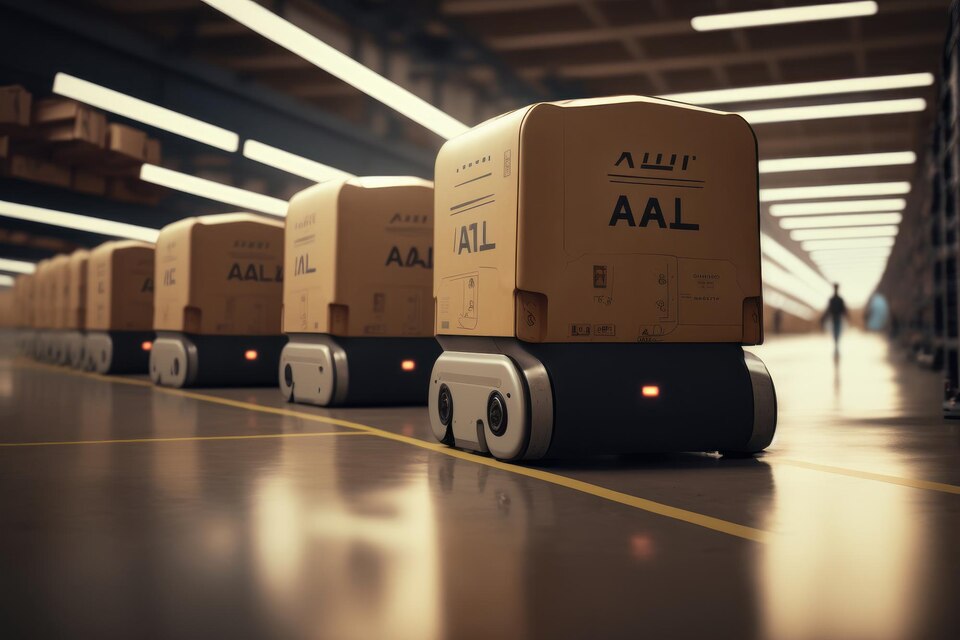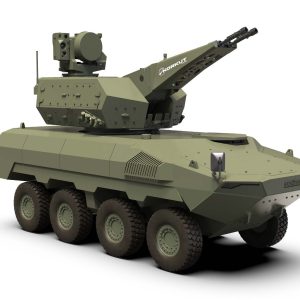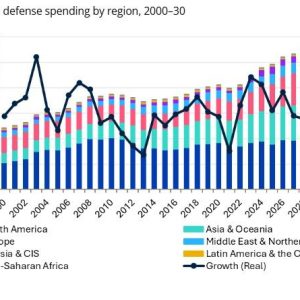The Air Force Research Laboratory (AFRL) recently held the Airlift Challenge, a competition that tested the use of artificial intelligence (AI) for logistics planning. The challenge involved a simulated airlift operation in which teams had to use AI to plan the most efficient way to transport cargo to a remote location.

The winning team, from the University of Maryland, used AI to develop a model that could predict the probability of different cargo delivery scenarios. This model allowed the team to make better decisions about which cargo to transport and when to transport it.
The results of the Airlift Challenge are a significant step forward in the development of AI-based logistics planning. AI has the potential to revolutionize logistics operations by making them more efficient, effective, and responsive.
Here are some of the benefits of using AI for logistics planning:
- Improved efficiency: AI can help to identify inefficiencies in logistics operations and develop solutions to improve them. For example, AI can be used to optimize the routing of cargo shipments or to predict demand for different types of cargo.
- Increased effectiveness: AI can help to improve the effectiveness of logistics operations by making them more responsive to changing conditions. For example, AI can be used to predict weather events that could disrupt logistics operations and develop contingency plans.
- Reduced costs: AI can help to reduce the costs of logistics operations by automating tasks that are currently performed by humans. For example, AI can be used to generate shipping labels or to track the status of cargo shipments.
The Airlift Challenge is just the first step in the development of AI-based logistics planning. As AI technology continues to mature, we can expect to see even more benefits from using AI in logistics operations.
What does the future hold for AI-based logistics planning?
The future of AI-based logistics planning is very bright. As AI technology continues to mature, we can expect to see even more benefits from using AI in logistics operations. Some of the potential benefits of AI-based logistics planning include:
- Real-time optimization: AI can be used to optimize logistics operations in real-time, taking into account changes in demand, weather, and other factors. This will help to ensure that cargo is delivered on time and within budget.
- Self-driving vehicles: AI-powered self-driving vehicles could revolutionize logistics operations by making them more efficient and safer. Self-driving vehicles could be used to transport cargo between warehouses and airports, as well as to deliver cargo to customers’ doorsteps.
- 3D printing: AI could be used to optimize the 3D printing of parts and components, reducing the need for warehousing and transportation. This could lead to significant savings in time and money.
The possibilities for AI-based logistics planning are endless. As AI technology continues to develop, we can expect to see even more innovative and efficient ways to use AI to improve logistics operations.thumb_upthumb_downtuneshare












